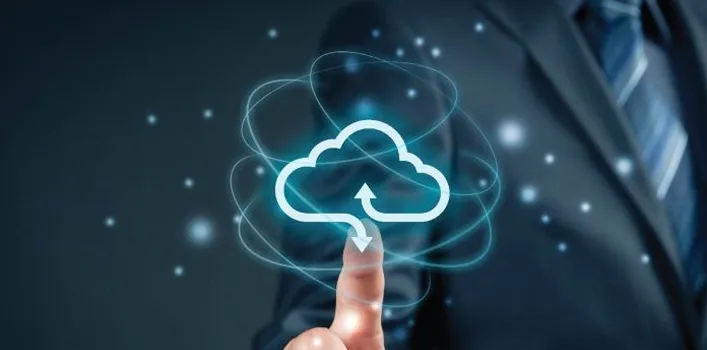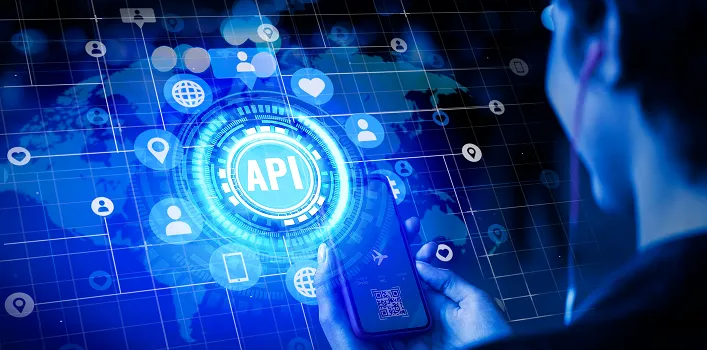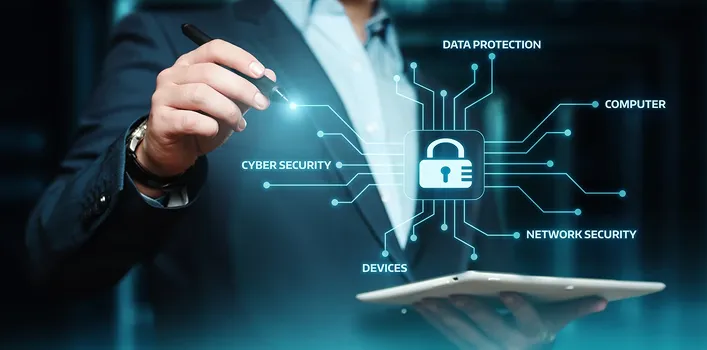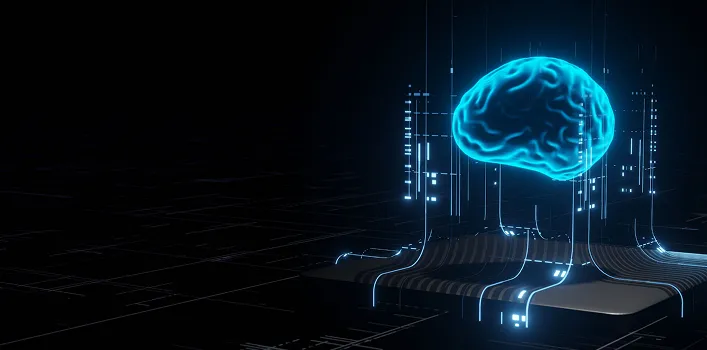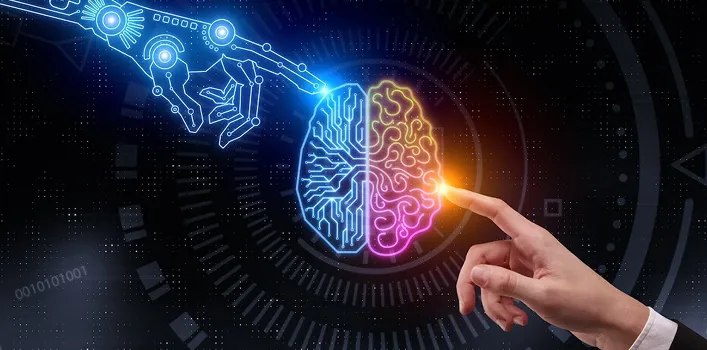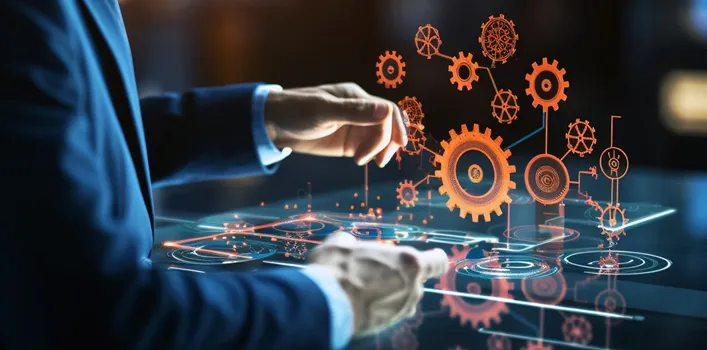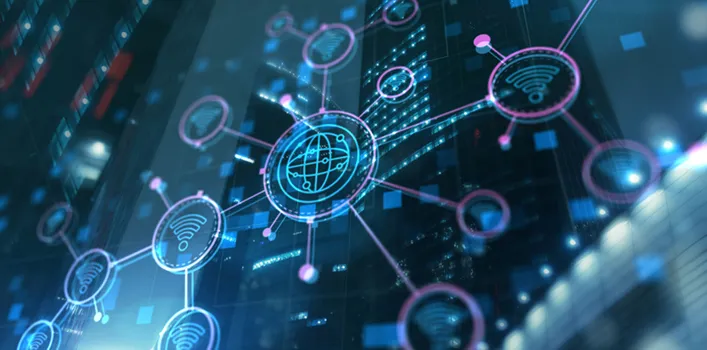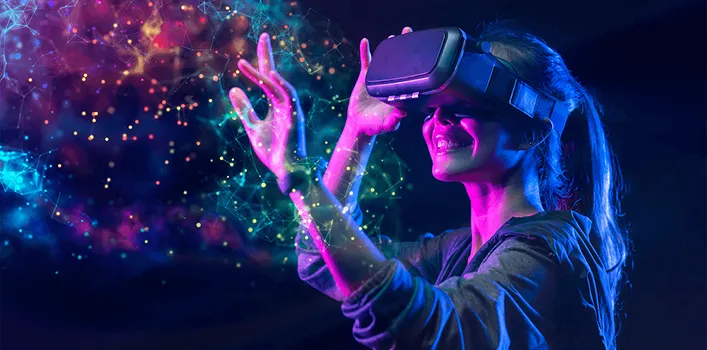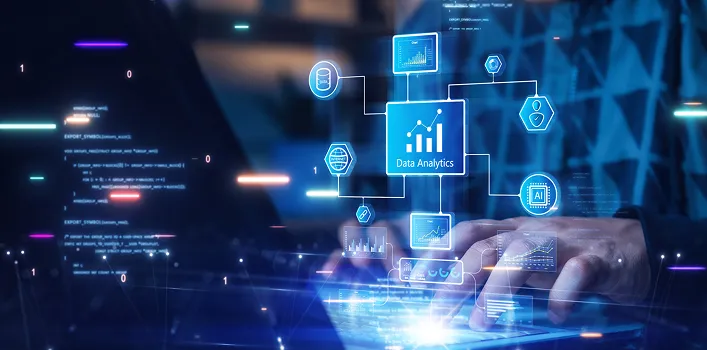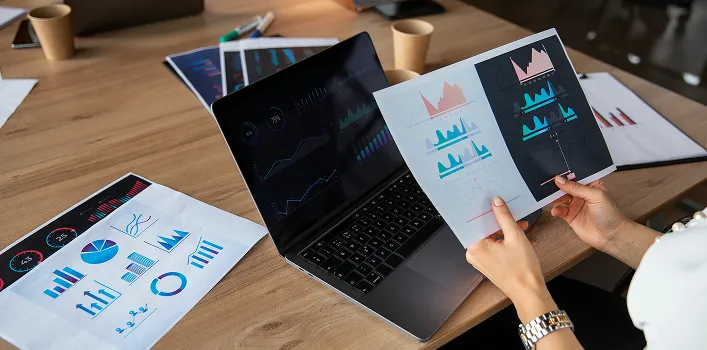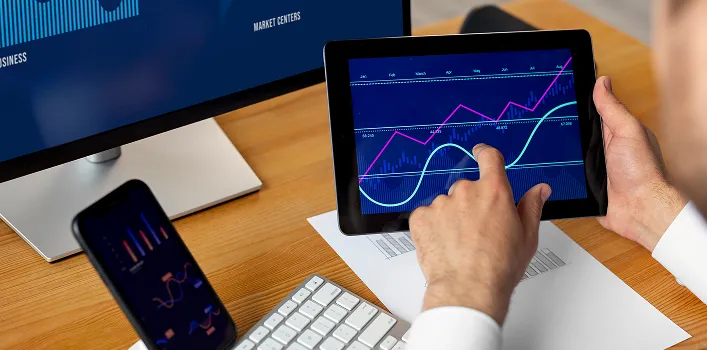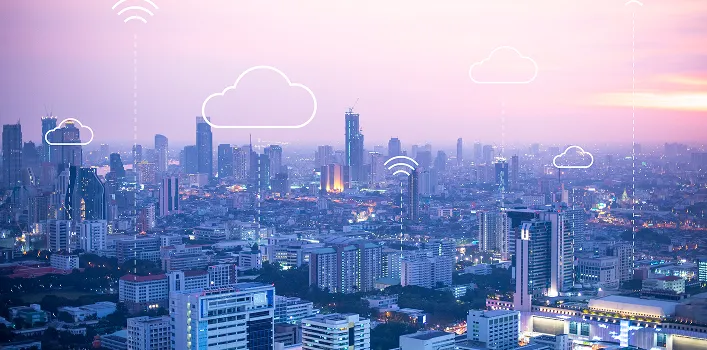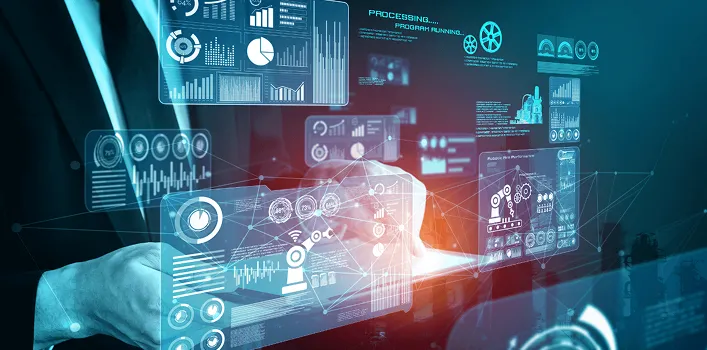
How IoT Integrations Are Revolutionizing Smart Cities and Industries
By Faiz Ahmed Jiad
The Internet of Things (IoT) is transforming urban landscapes and industries by enabling seamless connectivity, real-time data exchange, and automation. From smart cities to industrial IoT (IIoT), businesses and governments are leveraging IoT integrations to enhance efficiency, sustainability, and security. In this article, we explore how IoT integrations are revolutionizing smart cities and industries.
The Role of IoT in Smart Cities
A smart city utilizes IoT-powered devices and sensors to optimize infrastructure, improve public services, and enhance quality of life for citizens. These integrations help cities reduce costs, improve efficiency, and drive sustainability.
Key Applications in Smart Cities
1. Smart Traffic Management
IoT-enabled traffic sensors and AI-driven analytics reduce congestion and optimize traffic flow.
Real-time data helps adjust traffic signals, reducing commute times and emissions.
2. Smart Waste Management
IoT-based waste bins with sensors notify authorities when full, optimizing collection routes.
Reduces operational costs and ensures cleaner cities.
3. Energy-Efficient Smart Grids
Smart grids leverage IoT to monitor energy consumption and optimize power distribution.
Enables integration with renewable energy sources like solar and wind.
4. Smart Water Management
IoT-powered leak detection systems prevent water wastage.
Remote monitoring ensures efficient water distribution and reduces resource depletion.
5. Public Safety & Surveillance
AI-powered CCTV cameras and IoT-based emergency alert systems enhance city-wide security.
Smart lighting adjusts based on real-time activity, improving street safety.
IoT in Industrial Applications (IIoT)
Industries are integrating IoT into manufacturing, logistics, and supply chains to increase productivity, reduce costs, and enhance automation.
Key Industrial IoT Applications
1. Predictive Maintenance
Sensors monitor equipment health, predicting failures before they occur.
Reduces downtime and lowers maintenance costs.
2. Supply Chain Optimization
IoT tracks goods in real-time, improving logistics and inventory management.
Reduces delays and enhances transparency.
3. Smart Manufacturing (Industry 4.0)
IoT integrates with robotic automation, enhancing production efficiency.
AI-driven analytics optimize manufacturing processes.
4. Worker Safety & Compliance
Wearable IoT devices monitor worker health and environmental conditions.
Reduces workplace hazards and ensures regulatory compliance.
Challenges in IoT Integration
While IoT offers transformative benefits, some challenges include:
Data Security & Privacy Risks: Protecting sensitive data from cyber threats.
Interoperability Issues: Ensuring different IoT systems can communicate effectively.
High Initial Costs: Deploying IoT infrastructure requires significant investment.
Future of IoT in Smart Cities & Industries
The future of IoT is driven by advancements in 5G, AI, and edge computing. These technologies will:
Enhance real-time data processing and decision-making.
Improve IoT device efficiency and connectivity.
Expand IoT applications in autonomous vehicles, smart healthcare, and urban planning.
Final Thoughts
IoT integrations are revolutionizing smart cities and industries by enabling intelligent automation, optimizing resource use, and improving safety. As AI, 5G, and edge computing continue to evolve, IoT-powered ecosystems will drive greater innovation and efficiency.Why Enterprises Are Moving Back to Custom Software in 2026




